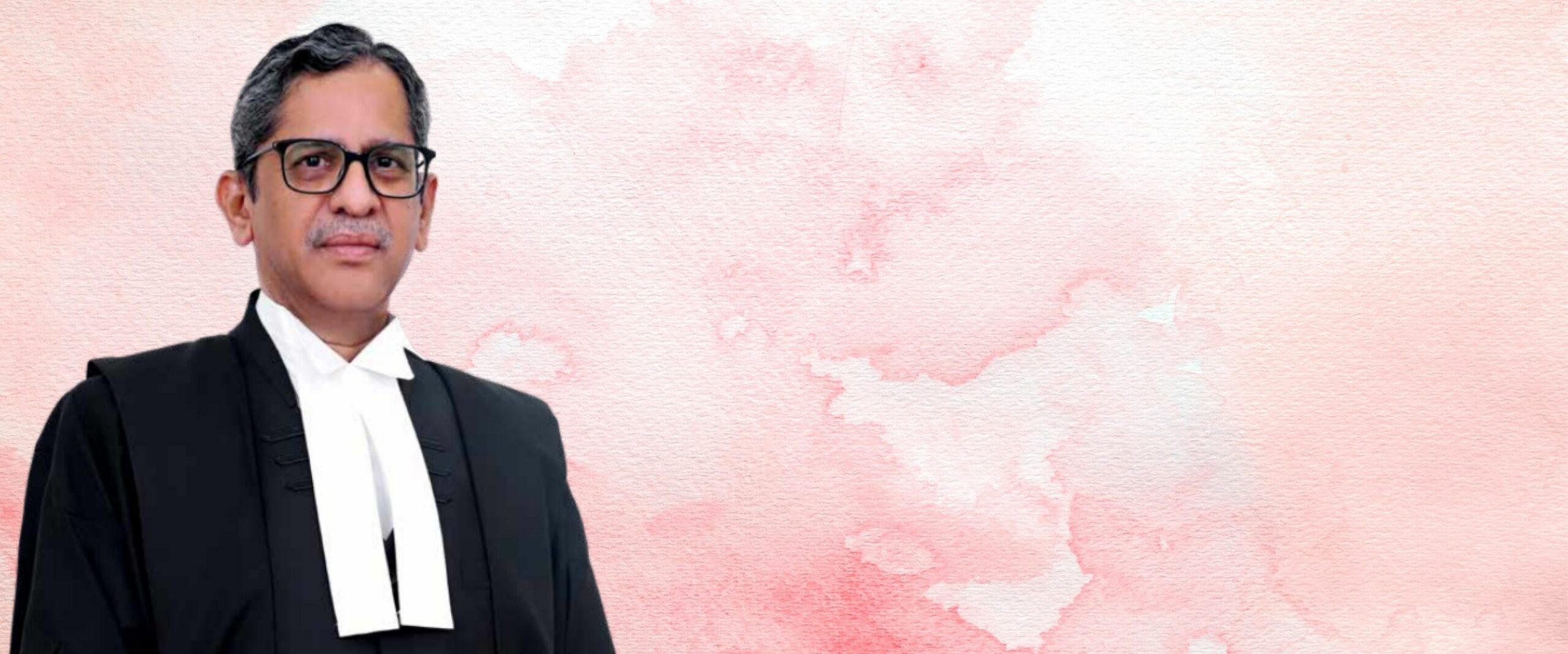Analysis
With 5 Months Left in his Tenure, CJI Unlikely to Hear Key Cases on Federalism, Personal Liberty
Ramana CJI will retire on August 26th 2022. We look at important cases pending before his Bench that he inherited from former CJIs.

When N.V. Ramana was appointed as Chief Justice of India on April 24th 2021, he took over the reins of a COVID-19 stricken Court entering the second wave of the pandemic.
In a time of restricted hearings and uncertainty, Ramana CJI assumed his post and inherited several key cases that required the attention of the Chief Justice’s Bench. Cases of social and public importance typically land in Court Room 1, or the CJI’s court. These include important cases such as Public Interest Litigations, social justice matters, and election matters.
Ramana CJI is set to retire on August 26th 2022. With five months remaining in his tenure, it is unlikely that he will hear the complex issues passed on to him by his predecessors. Amongst others, these cases deal with vital questions of federalism, religious rights, and personal liberty.
Issues of Religion and Personal Liberty
Chief Justice Ramana is hearing the Sabarimala Review, where several religious questions have been tagged to the Sabarimala case. Through these proceedings, the SC is deciding the balance between religious rights and personal liberty.
The Sabarimala Review petitions were filed in October 2018, and were being heard by a Bench headed by former CJI Ranjan Gogoi. The matter has remained pending since.
The Court’s Judgment on the review will provide much-awaited clarity on the right of Muslim women to pray in Mosques, the right of Parsi women to enter a Fire Temple after marrying a non-Parsi, and the practice of female genital mutilation in the Dawoodi Bohra community.
Ramana CJI is on the Bench in the challenge to the constitutional validity of polygamy, nikah halala, and other Muslim marriage practices. The batch of PILs in the case were filed in March 2018. Since issuing notice on the matter during former CJI Deepak Misra’s tenure, there has been no progress in the proceedings. The case will clarify how religious marriage practices will be balanced with individual rights.
Abrogation and Amendment of Certain Provisions of the Constitution
The challenge to the dilution of Article 370 of the Constitution of India, 1950 has been pending in the SC since August 2019. Article 370 granted Jammu and Kashmir special constitutional status.
The matter was first listed in October 2019 before Justice Ramana assumed the CJI’s office. The last time the case was listed for hearing was in March 2020, when a five-Judge Bench refused to refer the matter to a larger Bench. The resolution of this matter will clarify both the status of Jammu and Kashmir’s autonomy and the fundamental rights of its people.
The CJI’s Court is also hearing the challenge to the constitutionality of the Constitution (One Hundred and Third Amendment) Act, 2019, which introduces reservations for Economically Weaker Sections (EWS). The case was filed during the tenure of former CJI Ranjan Gogoi. In August 2020 the matter was referred to a five-Judge bench and has not been listed since. Currently, the SC is also hearing the challenge to EWS Reservations in PG NEET Medical admissions. A decision on whether affirmative action based solely on economic considerations is constitutional will directly affect this pending case.
Legislative Immunity
In Sita Soren v Union of India, a five-Judge Bench headed by Ramana CJI will decide whether a legislator enjoys immunity from prosecution for accepting bribes for Parliamentary or Assembly votes under Article 194(2) of the Constitution. This provision grants lawmakers constitutional immunity against criminal prosecution of their speeches and votes in the Legislative Assembly. The case was filed in 2019; after it was referred to a five-judge Bench, no hearings have been scheduled. The case will clarify the extent to which legislative immunity protects lawmakers.
Issues brought before the Court in CJI Ramana’s Tenure
More recently, the CJI has been hearing the Pegasus spyware case. On October 27th 2021, the Bench set up a Technical Committee to investigate allegations that the spyware was used to surveil journalists, activists, politicians, and judges. Since then, the Committee has issued public notices asking persons suspicious of Pegasus being used on their devices to contact them. Although the Committee was directed to file its report by December 2021, the delays appear to persist—no report has been filed till date.
A three-Judge Bench headed by the CJI is also hearing the Amazon-Future-Reliance Dispute. The present petition before the Court seeks permission to continue resolving the matter at a Singapore-based arbitration centre. In the ‘interest of business’ CJI Ramana has insisted on ensuring swift resolution of the dispute.
The Remaining Five Months
CJI Ramana has only five months to preside over these critical matters—however, most of these pending cases will require Constitution Benches to be formed. Since the beginning of the pandemic, the SC has had little luck with clearing pendency of Constitution Bench cases. Whether these delays will affect Ramana CJI’s courtroom too remains to be seen.